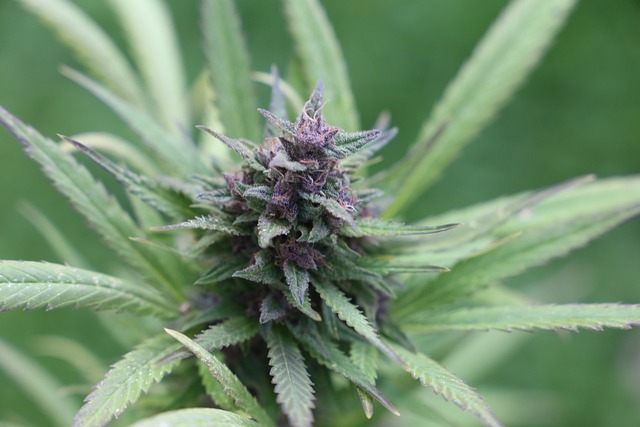Exploring THCa Flower: The Benefits of This Non-Psychoactive Cannabinoid
In recent years, the cannabis industry has seen a surge in interest surrounding Where to buy THCa flower various cannabinoids, each offering unique properties and potential benefits. Among these, THCa, or tetrahydrocannabinolic acid, has garnered attention for its non-psychoactive nature and potential therapeutic applications. This article delves into the world of THCa flower, exploring its benefits and the science behind this intriguing compound.
Understanding THCa: The Basics
THCa is a naturally occurring cannabinoid found in raw and live cannabis plants. Unlike its more famous counterpart, THC (tetrahydrocannabinol), THCa does not produce psychoactive effects. This is because THCa is the acidic precursor to THC. When cannabis is heated through smoking, vaping, or cooking, THCa undergoes decarboxylation, converting into THC and resulting in the psychoactive effects commonly associated with cannabis consumption.
In its raw form, THCa remains non-psychoactive, making it an appealing option for those seeking the potential benefits of cannabis without the high. This characteristic has led to increased interest in THCa-rich products, particularly among individuals looking for alternative wellness solutions.
Potential Health Benefits of THCa
Research into the benefits of THCa is still in its early stages, but preliminary studies and anecdotal evidence suggest several potential therapeutic applications:
- Anti-Inflammatory Properties: THCa has shown promise as an anti-inflammatory agent, which could be beneficial for individuals with conditions such as arthritis or inflammatory bowel disease.
- Neuroprotective Effects: Some studies suggest that THCa may have neuroprotective properties, potentially offering benefits for neurodegenerative diseases like Alzheimer’s and Parkinson’s.
- Anti-Emetic Effects: THCa may help reduce nausea and vomiting, making it a potential option for patients undergoing chemotherapy or those with chronic nausea.
- Antioxidant Properties: As an antioxidant, THCa could help protect cells from oxidative stress, contributing to overall health and wellness.
THCa in the Market: Products and Consumption Methods
The growing interest in THCa has led to the development of various products designed to deliver its benefits without psychoactive effects. These products include:
- Raw Cannabis Juices: Consuming raw cannabis in juice form allows individuals to intake THCa directly from the plant, preserving its non-psychoactive properties.
- THCa Tinctures: These liquid extracts offer a convenient way to consume THCa, often used sublingually for quick absorption.
- THCa Capsules: For those who prefer a more traditional supplement form, THCa capsules provide a measured dose of the cannabinoid.
- Topicals: THCa-infused creams and balms can be applied directly to the skin, potentially offering localized relief for inflammation and pain.
Case Studies and Research
While comprehensive clinical trials are still needed, several studies and case reports highlight the potential of THCa:
- A 2013 study published in the British Journal of Pharmacology found that THCa exhibited anti-inflammatory properties in animal models, suggesting its potential for treating inflammatory conditions.
- In a 2017 study, researchers observed that THCa had neuroprotective effects in a model of Huntington’s disease, indicating its promise for neurodegenerative disorders.
- Anecdotal evidence from patients using THCa for nausea and appetite stimulation has been positive, with many reporting significant improvements in symptoms.
Legal Considerations and Accessibility
The legal status of THCa varies by region, often depending on local cannabis laws. In areas where cannabis is legal for medical or recreational use, THCa products are generally more accessible. However, in regions with stricter cannabis regulations, access to THCa may be limited.
Consumers interested in THCa should research the legal framework in their area and consult with healthcare professionals to determine the best approach for their needs.
Conclusion
THCa flower represents a promising frontier in the exploration of cannabis-derived compounds. With its non-psychoactive nature and potential therapeutic benefits, THCa offers an appealing option for those seeking alternative wellness solutions. As research continues to unfold, the understanding of THCa’s full potential will likely expand, paving the way for new applications and products in the cannabis industry.
For individuals interested in exploring THCa, staying informed about the latest research and product developments is key. By doing so, they can make educated decisions about incorporating this cannabinoid into their wellness routines.
